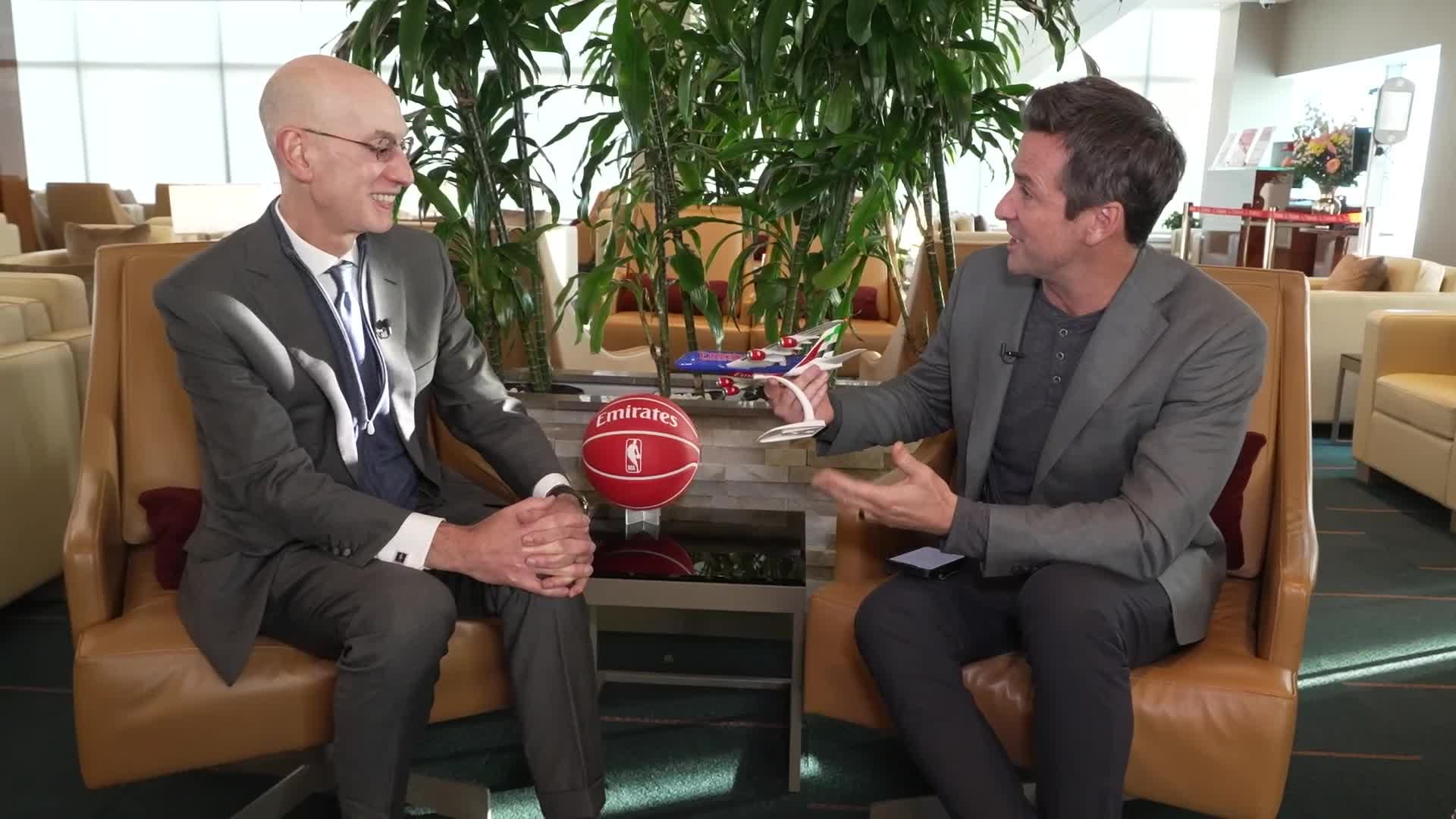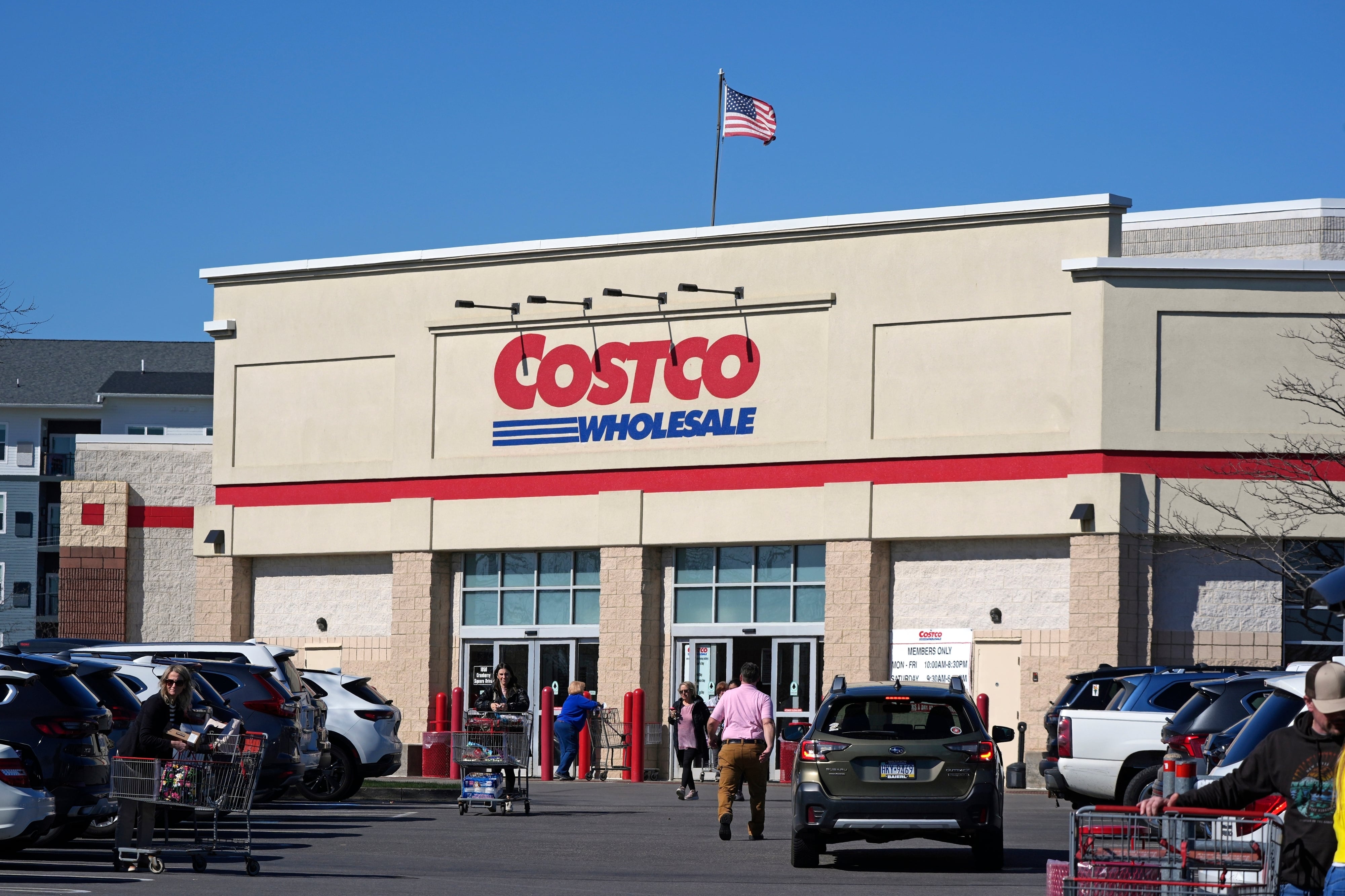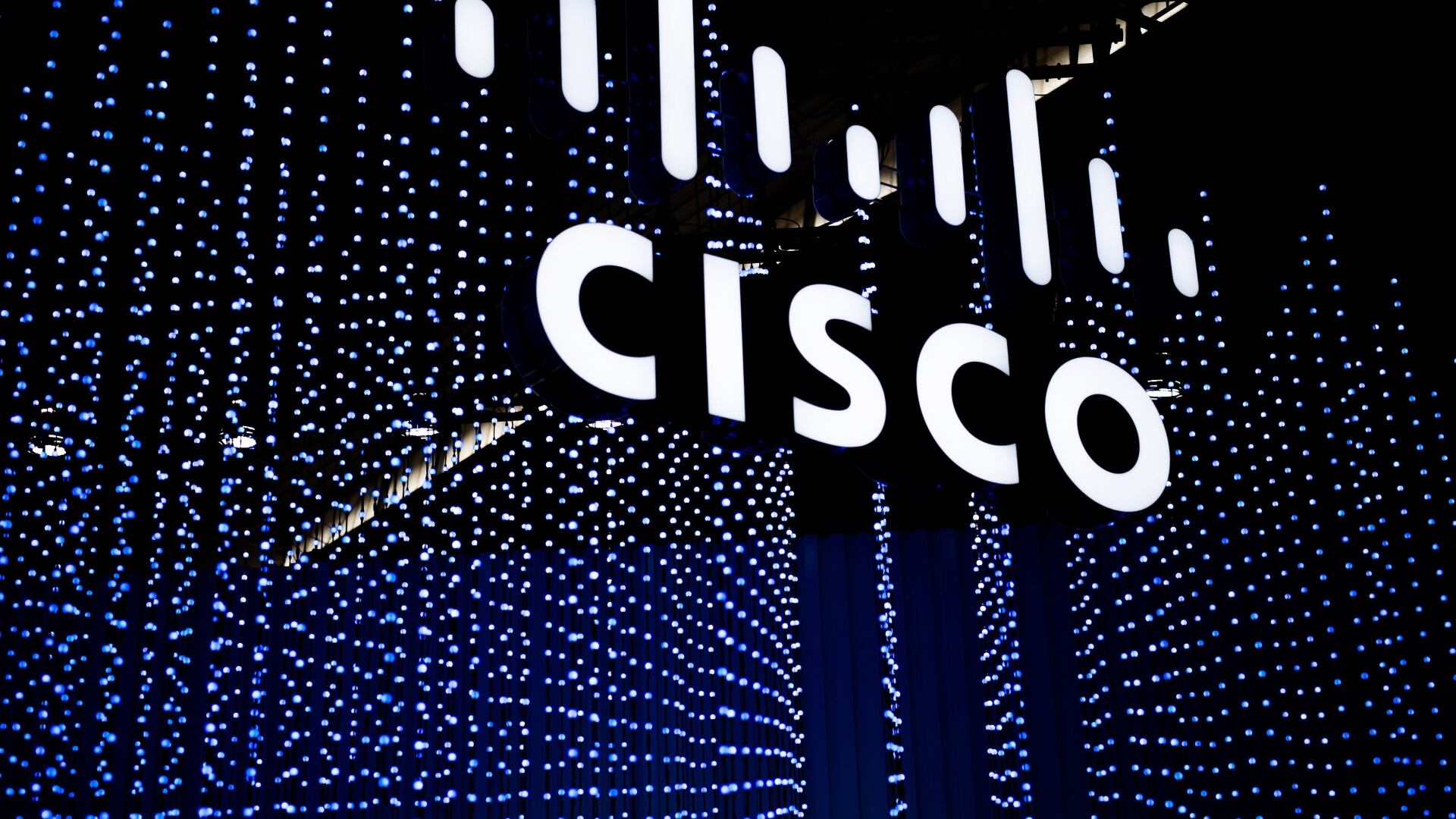By Martin Crutsinger
Sales of existing homes rose 0.7% in December, pushing the entirety of 2020 to a pace not seen in 14 years and providing one of the few bright spots for a U.S. economy mired in a global pandemic.
Rising sales in the final month of the year lifted activity to a seasonally adjusted annual rate of 6.76 million units in December, the National Association of Realtors reported Friday.
For all of 2020, sales rose to 6.48 million, the highest level since 2006 at the height of the housing boom. That represented a 5.6% gain from the 5.34 million previously owned homes sold in 2019.
The median sales price was $309,800 in December, up 12.9% from a year ago.
The big jump in prices reflected strong demand as Americans locked down by the pandemic and forced to work from home are seeking to move to larger homes. Sales have been boosted by record-low mortgage rates.
Economists predicted those trends would continue this year, though mortgage rates may rise slightly from record lows if the economy improves as expected as vaccines become more widely available.
“Expect economic conditions to improve with additional stimulus forthcoming and vaccine distribution already underway,” said Lawrence Yun chief economist for the Realtors.
"As Covid-19 levels drop due to vaccinations and warmer weather, expect more Americans to put their houses on the market,” Robert Frick, corporate economist at Navy Federal Credit Union, predicted.
The inventory of unsold homes fell to an all-time low of a 1.9-months supply, down from 2.3 months in November and 3 months a year ago. Homes typically remained on the market for 21 days in December, down from 41 days that a home would be on the market before selling in December 2019.
Economists said that home builders have boosted construction in response to the strong demand but still face supply constraints such as a lack of available building lots.
For December, sales of single-family homes rose 0.7% to a rate of 6.03 million while sales of condominiums were up 1.4% to 730,000.












